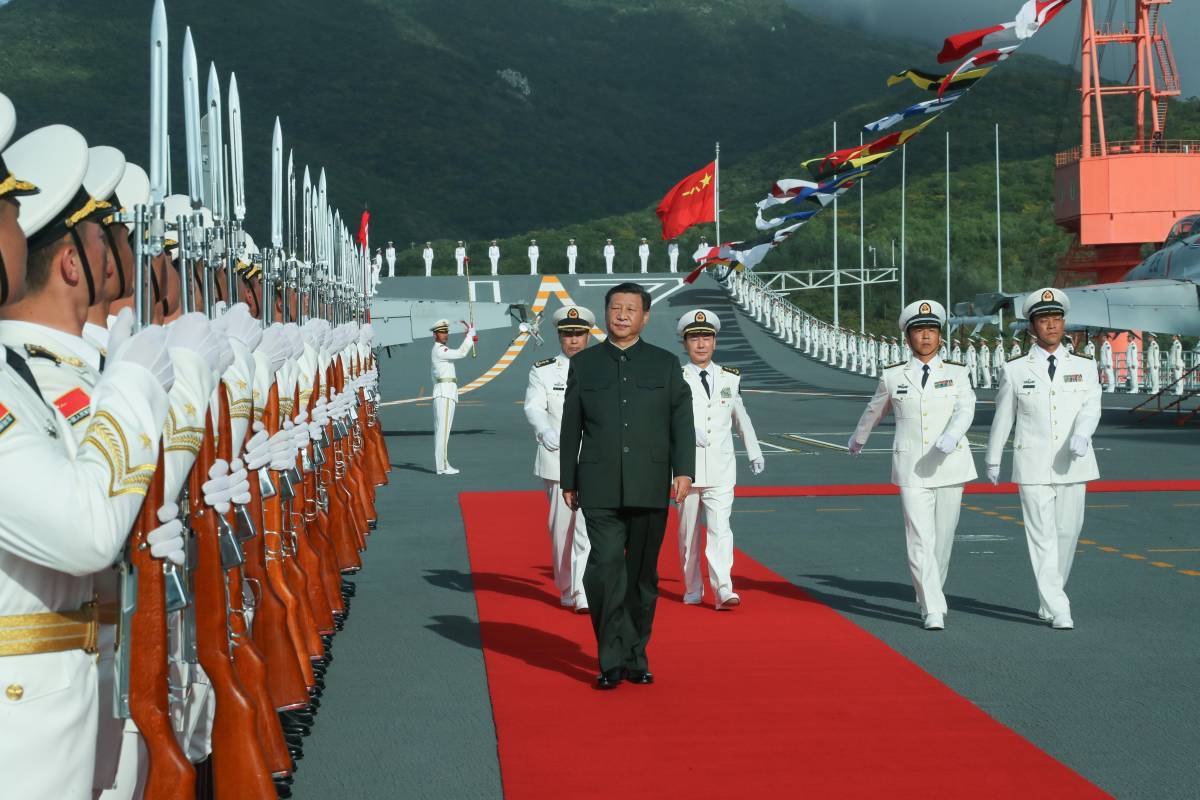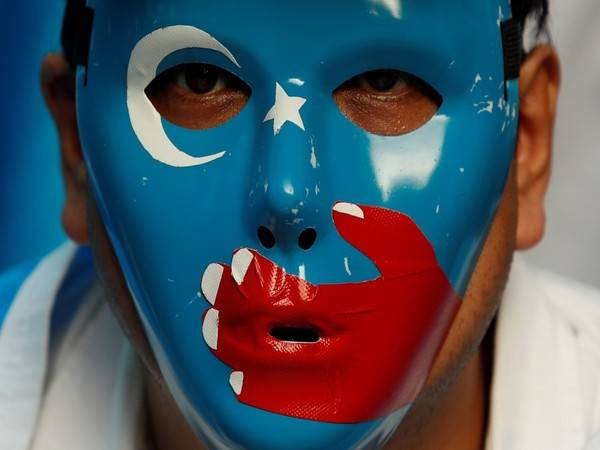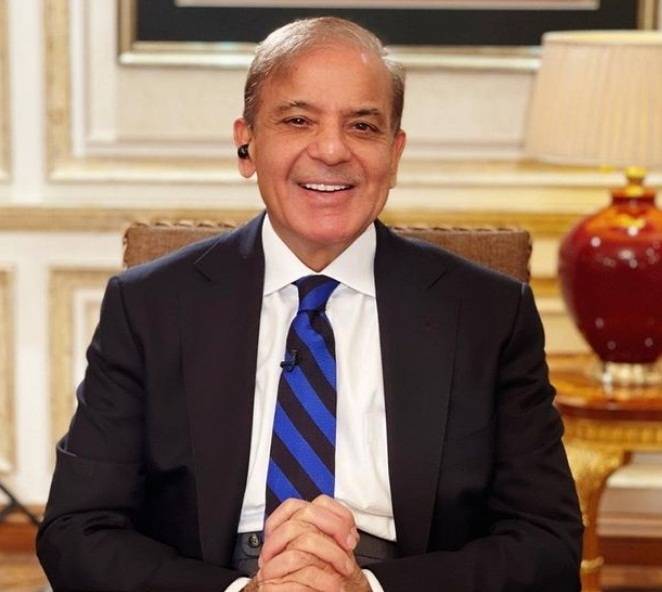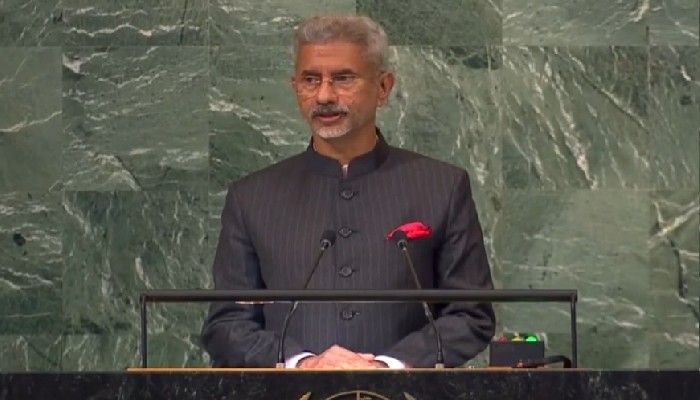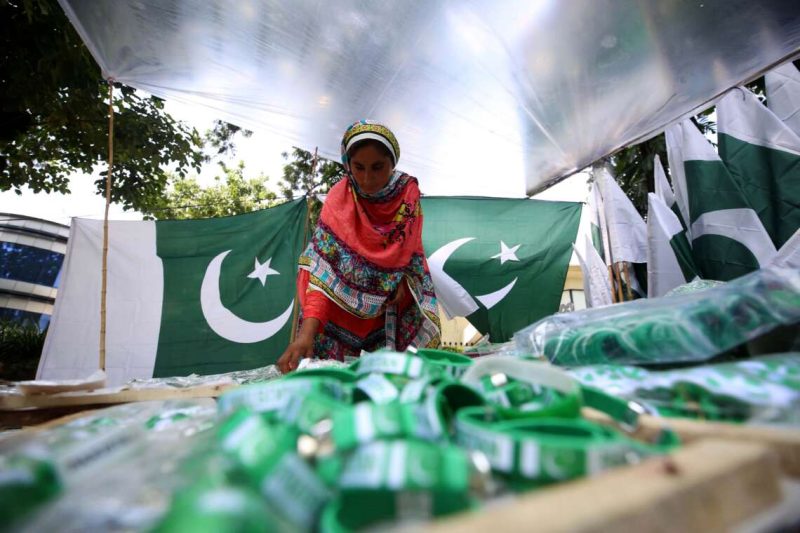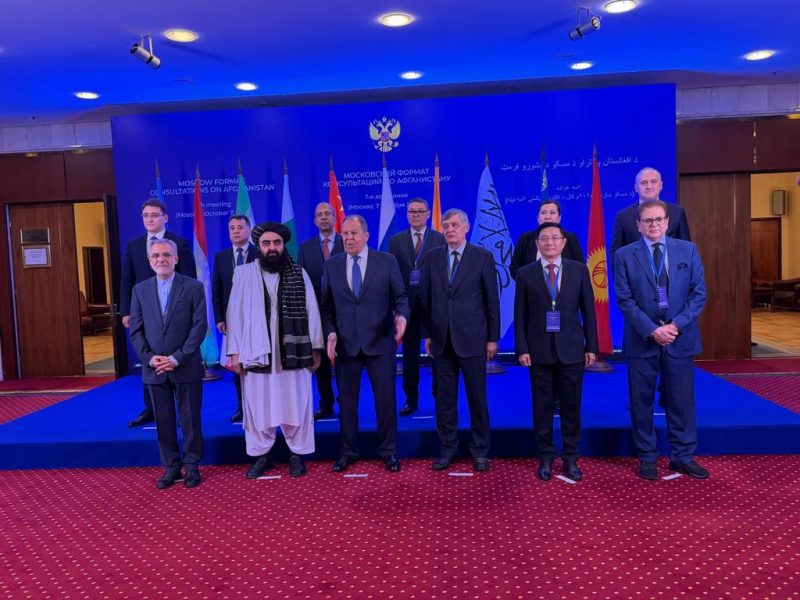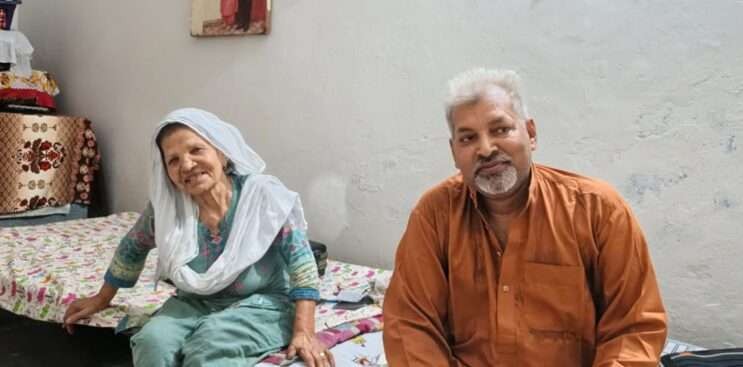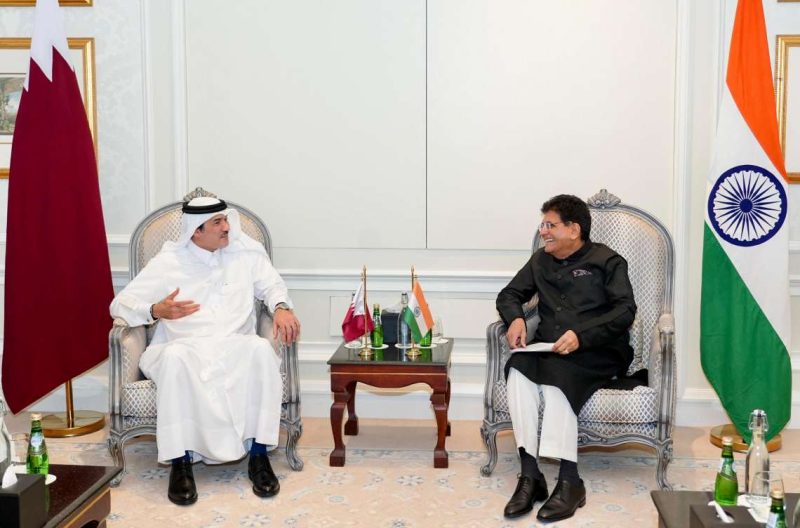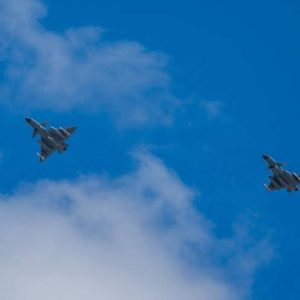Xi calls Mao Zedong’s time the ‘revolution period,’ Deng Xiaoping’s the ‘building period,’ Jiang Zemin and Hu Jintao’s the ‘reform period’ while calling his term a ‘whole new era.’…reports Asian Lite News
Ahead of the 20th National Congress of the Chinese Communist Party (CCP), President Xi Jinping is pushing for a “new era” discourse to strengthen his personal power.
Hugo Jones, writing in The Diplomat said that the “new era” – connoting a fundamental historical shift – has been systematically fused with the persona of Xi in Chinese official discourse.
Significantly, Xi calls Mao Zedong’s time the ‘revolution period,’ Deng Xiaoping’s the ‘building period,’ Jiang Zemin and Hu Jintao’s the ‘reform period’ while calling his term a ‘whole new era.’
For the past five years, the term “new era” has appeared with increasing frequency in China’s white papers, propaganda, official speeches, and public diplomacy.
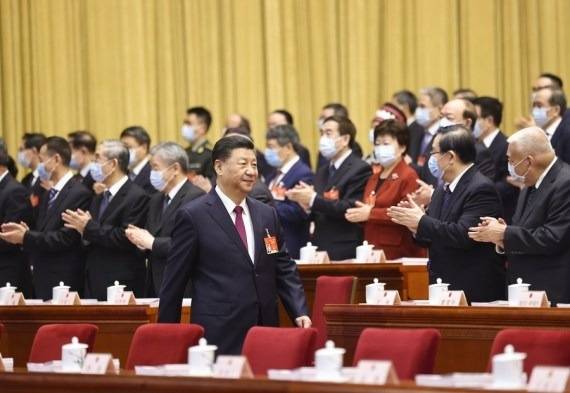
From early on in his premiership, it was clear that Xi Jinping sought historical significance greater than that of his two immediate predecessors, Hu Jintao and Jiang Zemin. This was also encouraged by growing Chinese nationalism, which predates Xi, reported The Diplomat.
For Xi, while the “new era” is scalable from the local to the international context, it is ultimately all about China, “It will be an era that sees China moving closer to center stage and making greater contributions to mankind.”
The discourse of a “new era” serves three functions. First, it bolsters the CCP’s legitimacy in a domestic context. The “new era” is also used to provide the context for sensitive issues such as Tibet, Xinjiang, and Taiwan, said Jones.
Second, the discourse of a “new era” is used to empower the CCP and challenge norms internationally. The strongest example was on February 4, when Xi and Russian President Vladimir Putin released a joint statement on “International Relations Entering a New Era,” a major foreign policy declaration that aligned China with Russia weeks before the invasion of Ukraine.
The discourse of a “new era” is also used to challenge the US, NATO, and Western countries that belong to the “old,” unipolar era of global politics. The “new era” is presented by China as the just temporality of a multipolar, post-imperial world.
Third, the discourse of a “new era” serves to reinforce the idea that the government of China, and the governance of Xi, are always thinking in the long term, operating on fundamentally different time scales to the Western world. This reinforces certain orientalist tropes that China is inherently “better” at grand strategy, reported The Diplomat.
However, despite its popularity, this narrative disguises the reality that Xi and the CCP are often as short-sighted as other regimes – the chaotic “zero-COVID” policy is just one example. This reminds us that we should take the narrative of a “new era” with a fair degree of skepticism, said Jones. (ANI)


